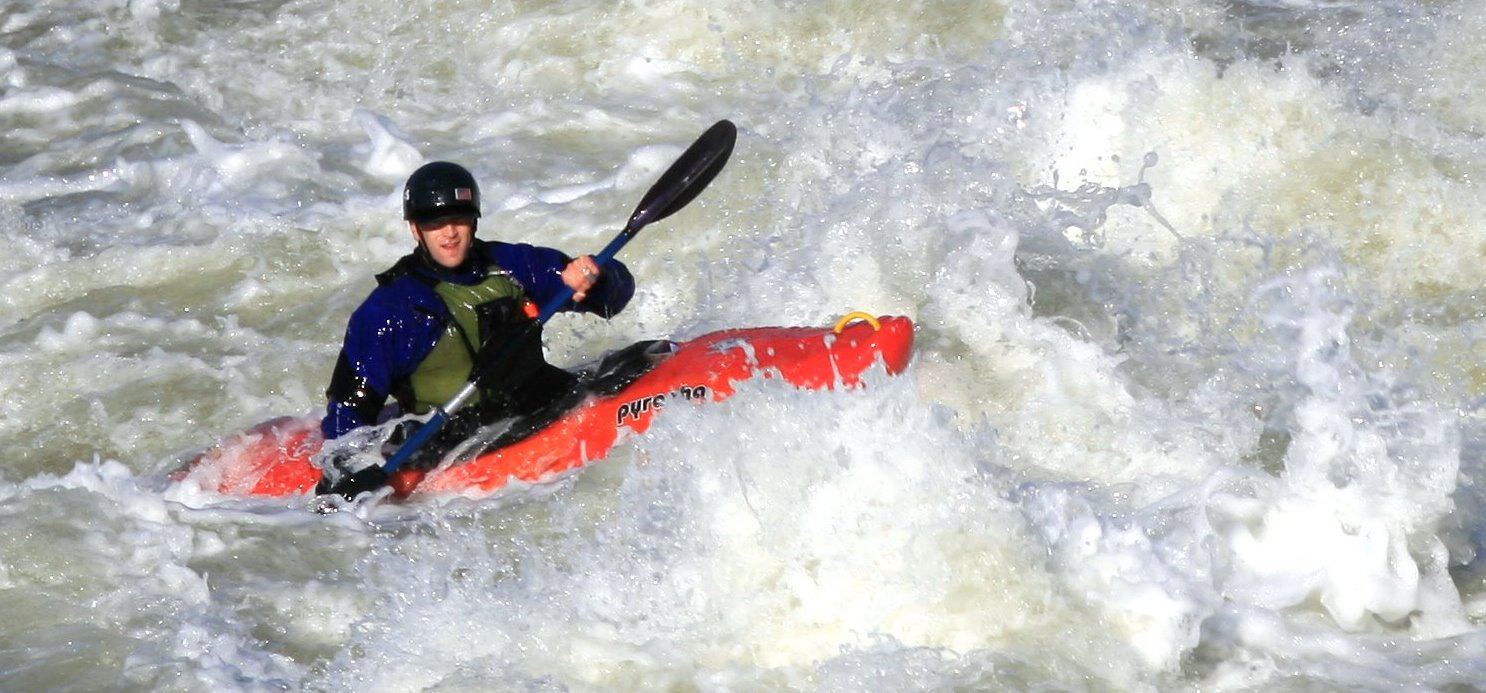Keeping you and your family safe in water.
#watersafety
Around 400 people needlessly drown in the UK every year and thousands more suffer injury, some life changing, through near-drowning experiences.
Putting this into context, one person dies every 20 hours in the UK. Drowning is also the third highest cause of accidental death of children in the UK.
Learn how to keep you and your family safe with our water safety advice.
The Hazardous Area Response Team for South Central Ambulance Service NHS Foundation Trust (SCAS HART) is encouraging everyone to be safe around open water this summer.
People of all ages can get into difficulty in all types of open water including ponds, lakes, rivers, reservoirs, quarries, docks or beach. SCAS’s diverse geographical region covering Berkshire, Buckinghamshire, Hampshire and Oxfordshire contains all of these water locations.
SCAS’s HART has specially trained water instructors who ensure their colleagues are trained to treat patients in all water scenarios including inland, coastal, mud and swift water rescues.
SCAS HART operatives regularly train at a variety of water venues to ensure that they are ready to respond to any water incident.
Colin Rotchell, HART Team Educator and Lead Water Rescue Instructor at SCAS said: “We are encouraging members of the public to enjoy the summer and the water but to do so safely so that you do not become a casualty. It is very easy to get into danger without realising the hazards including those hidden beneath the water line, so please take heed of our advice and only swim in places where there are the appropriate safety precautions.”
The team know only too well how quickly people can get into difficulty in water, which can result in serious injury and even death. That’s why they are sharing ten pieces of advice on staying safe around open water:
- Only swim in designated areas
Before you venture into open water, make sure you know your location and where the safety precautions are such as life rings should you get into difficulty. - Know your swimming ability
Even if you’re a strong swimmer, open water can overpower you and sap your swimming ability so don’t take unnecessary risks or be tempted to show off to friends. - Know who to phone in an emergency
If you’re on the coast, phone 999 and ask for the Coastguard. If you’re inland, phone 999 and ask for the ambulance service. - Don’t jump from height from structures such as cliffs, piers and bridges
Hazards exist beneath the waterline including harmful debris such as discarded metal objects like trolleys as well as fishing nets, concrete, plastic buoys and rocks. - Don’t drink alcohol and go into open water
If you’re out enjoying the sunshine and drinking alcohol, don’t be tempted to get into open water. You’ll put yourself at risk of injury. - Don’t be fooled by water that looks calm on the surface
Even if water looks calm on the surface, there could be fast flowing currents and varying depths underneath which could drag you into difficulty and danger. - A hot sunny day doesn’t mean that open water will be warm
Warm sunshine doesn’t necessarily mean that the water will be. Cold water shock can stop your heart no matter how fit you are, the average sea temperature is only around 18 degrees. - Think about tides and wind
Before using an inflatable craft think about the tides and wind to make sure that your craft does not get swept out to danger. - Dirty water can make you sick
Being in open water can also carry hidden nasties such as blue green algae or Weil’s disease which has the potential of making you ill. - Out in the boat?
If you are out in your boat please ensure that you remember your buoyancy aids, life jackets and kill cords.

